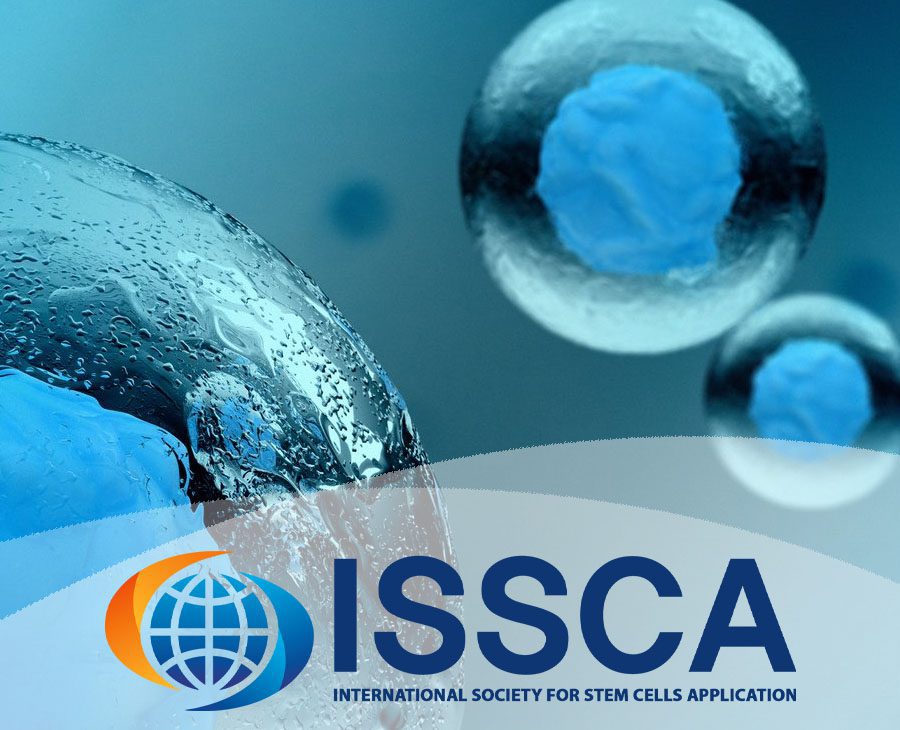
TUESDAY, 01 AUGUST 2023 / PUBLISHED IN BLOG
Diabetes is a chronic condition that affects millions of people worldwide. It occurs when the body cannot produce or use insulin properly, resulting in high blood sugar levels. Diabetes can cause serious complications such as heart disease, kidney failure, nerve damage, and vision loss.
Understanding Diabetes: Types and Challenges
There are two main types of diabetes: type 1 and type 2. Type 1 diabetes is an autoimmune disease that destroys the insulin-producing pancreatic beta cells. People with type 1 diabetes need to take insulin injections or use an insulin pump to manage their blood sugar levels. Type 2 diabetes is more common and occurs when the body becomes resistant to insulin or does not produce enough of it. People with type 2 diabetes can often control their blood sugar levels with diet, exercise, and oral medications.
However, these treatments are not always effective or sufficient for some people with diabetes. Moreover, they can have side effects such as weight gain, hypoglycemia, and gastrointestinal problems. Therefore, there is a need for alternative treatments that can restore the function of the pancreatic beta cells and provide a long-lasting cure for diabetes.
Stem Cell Therapy: A Promising Alternative
One of the most promising alternative treatments for diabetes is stem cell therapy. Stem cell therapy is a method of using various types of stem cells to replace or enhance the function of damaged or diseased cells in the body. Stem cells are undifferentiated cells that can develop into different types of specialized cells, such as muscle cells, nerve cells, or blood cells.
Stem cell therapy for diabetes aims to generate new insulin-producing beta cells from stem cells and transplant them into the pancreas or other sites in the body where they can secrete insulin in response to blood sugar levels. Different sources of stem cells can be used for this purpose, such as adult stem cells, or induced pluripotent stem cells.
Adult Stem Cells (ASCs)
Adult stem cells (ASCs) are found in various tissues and organs of the body and have the ability to differentiate into specific cell types related to their origin. For example, mesenchymal stem cells (MSCs) are ASCs that can be isolated from bone marrow, adipose tissue, or umbilical cord blood and can differentiate into bone, cartilage, fat, or muscle cells. MSCs have been shown to have immunomodulatory and anti-inflammatory properties that can protect the transplanted beta cells from immune attack or inflammation. MSCs can also secrete growth factors and cytokines that can stimulate the regeneration of endogenous beta cells or enhance the function of exogenous beta cells.
Induced Pluripotent Stem Cells (iPSCs)
Induced pluripotent stem cells (iPSCs) are generated by reprogramming somatic cells (such as skin cells or blood cells) into a pluripotent state similar to embryonic stem cells (ESCs) using specific genes or factors. iPSCs can overcome the ethical and immunological issues of ESCs, as they do not require the use of embryos and can be derived from the patient’s own cells. iPSCs can also be genetically modified to correct any defects or enhance any features of the beta cells.
Research and Clinical Trials
Several studies have demonstrated the feasibility and efficacy of stem cell therapy for diabetes in animal models and human trials. For example, a study by Rezania et al. (2014) reported that they were able to generate glucose-responsive insulin-secreting beta cells from human iPSCs using a seven-stage differentiation protocol. These beta cells were able to reverse diabetes in mice upon transplantation under the kidney capsule. Another study by Pagliuca et al. (2014) reported that they were able to produce large-scale batches of functional beta cells from human ESCs using a three-dimensional culture system and sequential modulation of key signaling pathways. These beta cells were also able to reverse diabetes in mice upon transplantation under the kidney capsule.
Conclusion and Future Directions
In conclusion, stem cell therapy for diabetes is a novel and promising alternative treatment that can potentially provide a permanent cure for this chronic condition by replacing or enhancing the function of insulin-producing beta cells. We still need to explore a lot of ground, in terms of these and other conditions. You can learn more about regenerative medicine and stem cells by enrolling in our international certification program at www.issca.us.




